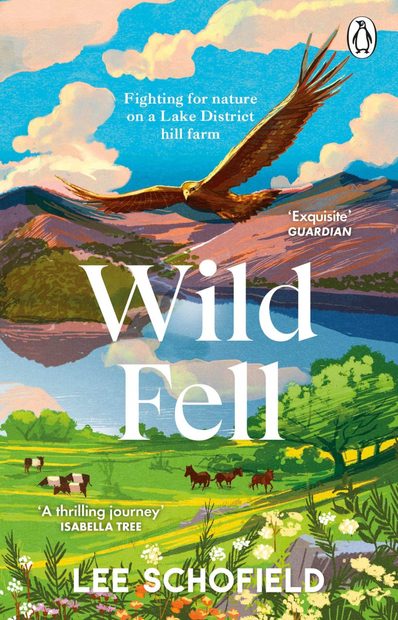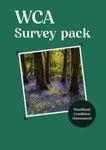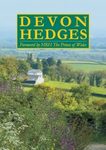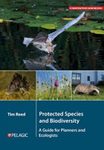"[...] Wild Fell is an exhilarating tour of Lee’s patch, with side excursions to Scotland and Norway and the Italian Alps for insights into the abundance which nature is bursting to give us. His writing, like the extinct, extant and envisioned landscapes he describes, is studded with moments of immense beauty – you can almost smell rock and moss and nectar, hear butterflies and grasshoppers flit and whirr, feel the shadow of a great wing passing between you and the sun. Lee is convinced that eagles will return to Haweswater when the landscape is ready, and no one deserves to see it more."
– Amy-Jane Beer, British Wildlife 33(4), February 2022
"A thrilling, inspiring journey into the restoration of our uplands. I found myself turning the pages with an inward leap of joy. Reasoned, intelligent, compassionate, well-informed, this is a story of hope and renewal for both nature and farming."
– Isabella Tree
"Authentic, honest and clear-sighted – Lee Schofield offers a practical and hopeful example of how to return nature to all our landscapes using imagination, compromise, humility and sheer hard work. This is an important book and fully deserves its place alongside James Rebanks and other contemporary Lakeland classics."
– Patrick Barkham
"A passionate, haunting yet optimistic account of the battle to heal a damaged landscape and restore nature to a corner of the Lake District."
– Dave Goulson
"In a country defined as the seventh most nature depleted on Earth, in a region plagued by flooding and climate-chaos, here comes Lee Schofield's brilliant book full of positive action and hope for the future. Wild Fell is a record of environmental achievement, of the RSPB's mission to restore the places and wild nature of Haweswater. But it's also a political tract, and throws down a gauntlet to us all to make the Lake District a national park that is genuinely worthy of the title."
– Mark Cocker
"As the competing needs of agriculture and conservation jostle for ascendency, land management in Britain has reached a tipping point. Candid, raw and searingly honest, Lee Schofield offers a naturalist's perspective of the challenges unfolding in the ancient yet ever-changing landscape of Haweswater and shares with us his gloriously vibrant vision for the future."
– Katharine Norbury
"Saving nature is a tough job. In Wild Fell we get to understand why people do it: real soul-deep passion."
– Simon Barnes
"Warm, personal, political and detailed, Wild Fell invites people into the evolving conversation about the future of our natural world."
– Cumbria Life
"Like the rivers it has rebent, the Haweswater project is re-wiggling farming into a more sustainable alignment with nature. And by similarly refusing to operate in siloed straight lines, Schofield's own journey towards greater collaboration may have lessons to teach both of the UK's rural tribes."
– New Statesman































